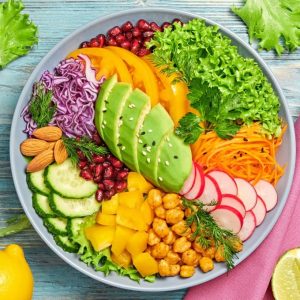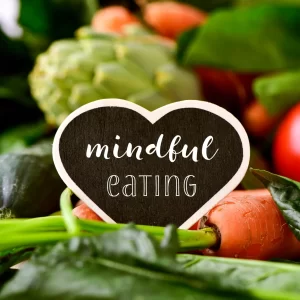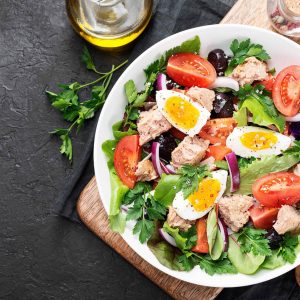Our immune system serves as the body’s defense against harmful pathogens, and what we eat can play a significant role in keeping it robust. A diet rich in specific vitamins, minerals, and antioxidants can enhance immune function, making it easier for the body to fight off infections. Here’s a look at some nutrient-packed foods and dietary habits to boost immunity naturally.
Key Nutrients and Foods for Immune Health
- Vitamin C-Rich Foods: Vitamin C is one of the most well-known immune boosters. It helps stimulate the production of white blood cells, which are crucial for fighting infections. Great sources of vitamin C include citrus fruits (like oranges, grapefruits, and lemons), strawberries, kiwi, and bell peppers.
- Vitamin D Sources: Vitamin D is essential for activating the immune response. While sunlight exposure is the best source, you can also get vitamin D from foods such as fatty fish (like salmon, tuna, and mackerel), egg yolks, and fortified foods like milk and orange juice.
- Antioxidant-Packed Berries: Berries like blueberries, blackberries, and raspberries contain high levels of antioxidants that protect cells from damage caused by free radicals, thereby supporting immune health. Anthocyanins, found in these berries, have been shown to improve immune responses.
- Garlic and Ginger: Both garlic and ginger are known for their immune-supportive properties. Garlic contains sulfur compounds that enhance the immune system, while ginger has anti-inflammatory effects that can help reduce sore throats and other inflammatory illnesses.
- Leafy Greens and Cruciferous Vegetables: Vegetables like spinach, kale, and broccoli are rich in vitamins A, C, and E, as well as fiber and antioxidants. Broccoli, in particular, is loaded with sulforaphane, a compound that has been studied for its immune-boosting properties.
- Probiotics from Yogurt and Fermented Foods: Probiotics help maintain a healthy gut microbiome, which is crucial for immune health. Yogurt, kefir, sauerkraut, and kimchi are excellent sources of probiotics, contributing to gut health and potentially reducing susceptibility to infections.
- Nuts and Seeds for Zinc: Zinc is an essential mineral that aids in the development and function of immune cells. Nuts, especially almonds and walnuts, and seeds like pumpkin and sunflower seeds are rich in zinc and vitamin E, another powerful antioxidant that supports immunity.
- Green Tea: Green tea contains epigallocatechin gallate (EGCG), a powerful antioxidant that has been shown to enhance immune function. It also contains amino acid L-theanine, which aids in the production of germ-fighting compounds in T-cells.
Healthy Habits to Complement an Immune-Boosting Diet
- Stay Hydrated: Proper hydration is essential for immune health. Water supports cellular functions and helps carry oxygen to cells. Herbal teas and water-rich foods like cucumber and watermelon can also contribute to hydration.
- Limit Processed Foods and Sugars: Diets high in refined sugars and processed foods can contribute to inflammation, weakening immune response. Reducing sugar intake and opting for whole foods can help keep inflammation levels low.
- Prioritize Sleep: Quality sleep is vital for immune health. During sleep, the immune system releases cytokines, proteins that help fight infection and inflammation. Aim for 7-9 hours of sleep per night to support immune resilience.
- Exercise Moderately: Regular, moderate exercise can boost immune function, while intense, prolonged exercise may temporarily suppress it. Activities like brisk walking, yoga, or cycling can be beneficial without overstraining the body.
- Manage Stress: Chronic stress increases cortisol levels, which can suppress the immune system. Practices such as mindfulness, meditation, or deep breathing exercises can reduce stress and support immune health.
Conclusion
Supporting the immune system through diet and lifestyle can help improve resilience against infections and maintain overall health. By incorporating nutrient-dense foods like citrus, leafy greens, yogurt, and green tea, and by cultivating healthy habits like adequate sleep and hydration, you can give your immune system the boost it needs to keep you feeling your best year-round.



